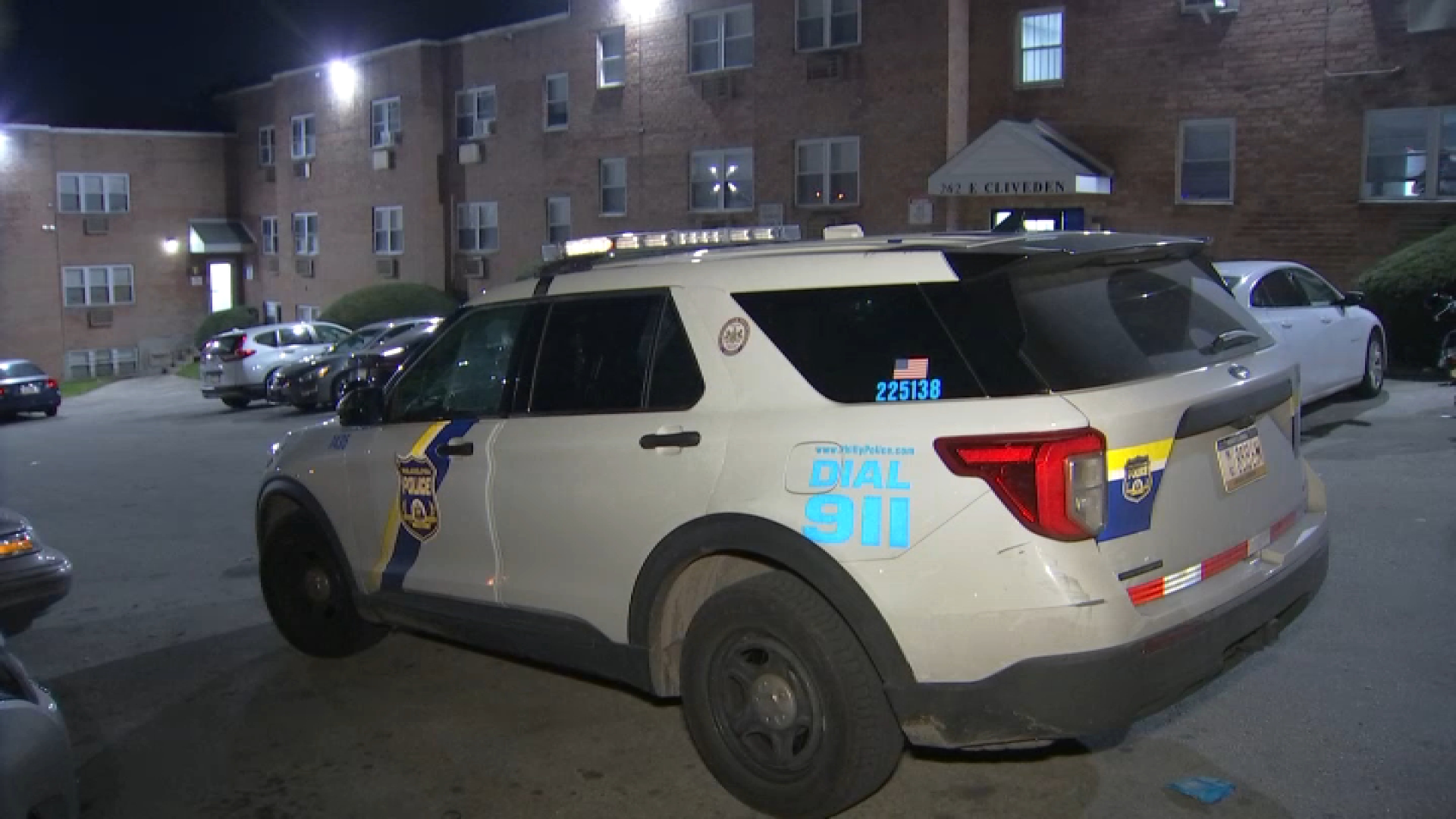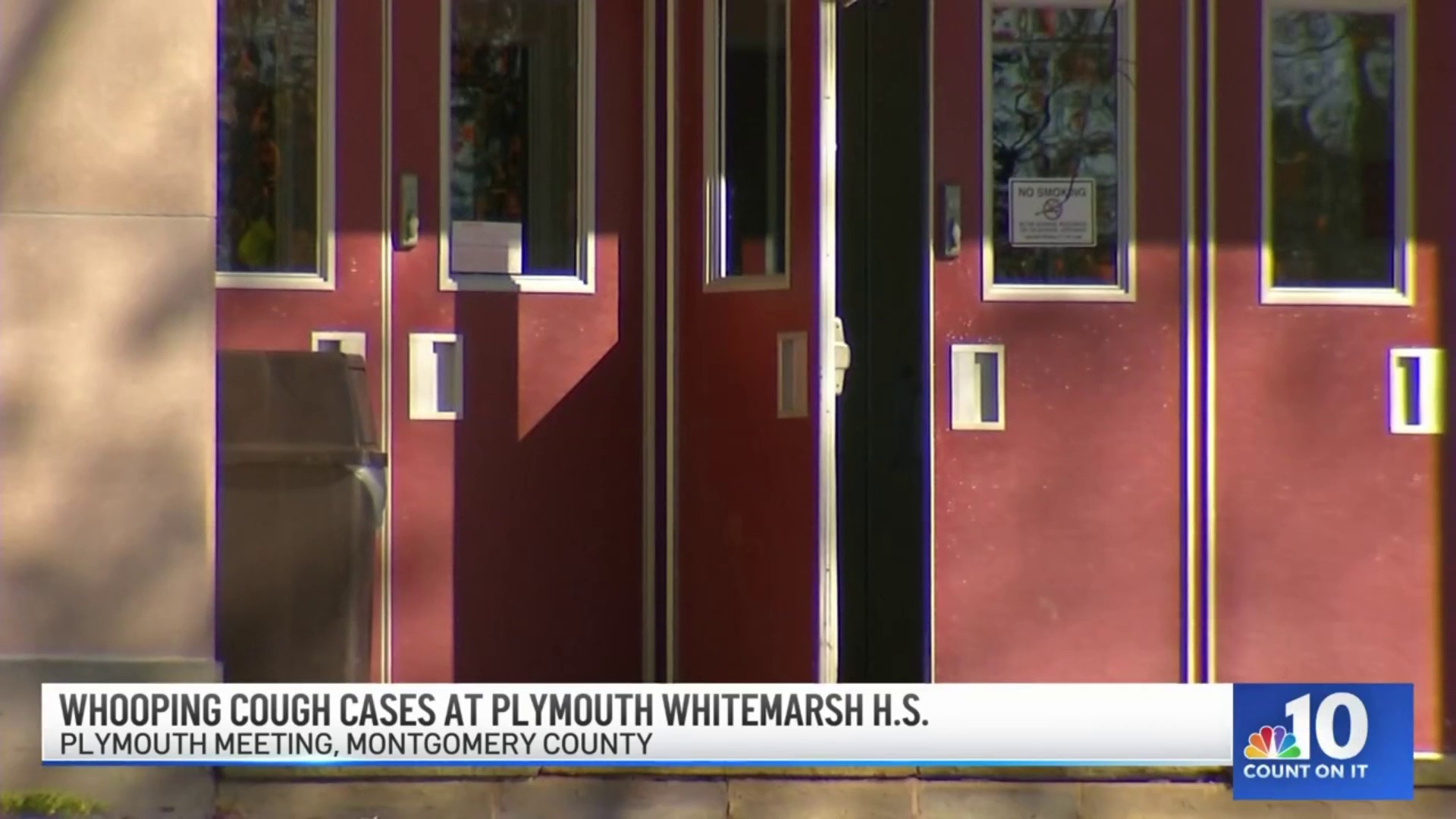Imagine creating a high school that will teach kids skills that will guarantee them a job at a local corporation when they graduate. That's an idea being floated for the redevelopment of 22 city schools slated for closure.
Allan Domb, president of the Greater Philadelphia Association of Realtors, believes at least a handful of the buildings should be turned into specialty high schools run in conjunction with major corporations.
“Let’s train people, teach them something that they can use to make money and earn a job,” says Allan Domb. He says creating a public-private partnership with the corporations will give companies the skilled workers they need and give students a jump-start to their career.
The “corporate” schools would be similar to a charter school and would teach skills specific to the industry the corporation is in, according to Domb. He envisions schools in industries like fashion, hospitality service, telecommunications and financial management.
“Not everyone can be a doctor or a lawyer,” he said. “It’s a win-win. The city needs jobs, young people need to be educated, and the employers here want smart people, so I don’t see where the downside is.”
Domb says he's shared the idea with several city politicians and received a positive response so far. He's yet to speak with the mayor, school district or any local corporations.
The school closing fight has been a raucous and contentious issue in the city. Protests have been plentiful and loud over the past few months. Reaching out to stakeholders in the Philadelphia school closing process, some offered thoughts, but no new ideas. Others said it was tough to elaborate until the sales process had begun.
Local
Breaking news and the stories that matter to your neighborhood.
Mark Gleason from the Philadelphia School Partnership says the school closings are necessary to help the district become fiscally sound. He says the best type of redevelopment will depend on the property’s location. Gleason believes when the district can get good money from commercial buyers, they should take it.
“For example, a building that is near Center City or is in University City, where you might have entities willing to pay millions of dollars to acquire a building, the district has to do that. They can’t leave millions of dollars on the table,” Gleason says.
For other properties, Gleason says the district should give charter schools the opportunity to retool the district properties.
“Some of these schools are out trying to buy land and build new buildings which can cost tens of millions of dollars. From my perspective, it would make more sense…to take advantage of these vacant district facilities and save tens of millions of dollars and try and redevelop them at a fraction of the cost.”
“That, in the long-run is going to save taxpayers money.”
However, Parents United for Public Education’s Helen Gym is concerned how additional or expanding charter schools will affect the district. She points to a recent Pew study that found 40-percent of the buildings sold or leased in 12 cities, including Philadelphia, were turned into charter schools. The study suggests the trend could create a domino effect that could cause more closings by cannibalizing students.
Gym says the answer may be to keep schools where they are, but offer space to other entities within.
“Maybe it’s not a pure educational program, maybe it’s an education institution and an entity that serves a community, like a health clinic…that fits within a basic educational mission,” she said.
Asking for Mayor Michael Nutter’s ideas on the school property redevelopment, press secretary Mark McDonald says the mayor tapped his deputy mayor for economic development to help dispose of the buildings.
“We will have more to say about the process in the coming weeks, but there will be community input on the disposition issue,” he said.
The 22 schools are slated to close forever at the end of the school year this June.
The district will then initiate a process to sell off the properties. The Philadelphia School District has said as many as four community members will be involved in recommending buyers for each school property. NBC10.com outlined the entire process last month.
McDonald also says the city is working with a non-profit partner pay for the demolition of buildings that can’t be sold. He didn’t elaborate on the which organization.
Regardless of the redevelopment, Gym says the entire process needs to be completely transparent.
“Just given Philadelphia’s history around favoritism and sort-of back door dealings and the school district. I think there’s legitimate calls for concern about whether the process will truly be properly monitored.”
NBC10, in partnership with AxisPhilly, PlanPhilly and The Notebook, has launched Schoolhouse Watch. This community-building project aims to help people have a say in what happens next in the school consolidation process. You can be part of our first event Friday, April 19, click here to sign up.
Contact Vince Lattanzio at 610.668.5532, vince.lattanzio@nbcuni.com or follow @VinceLattanzio on Twitter.



